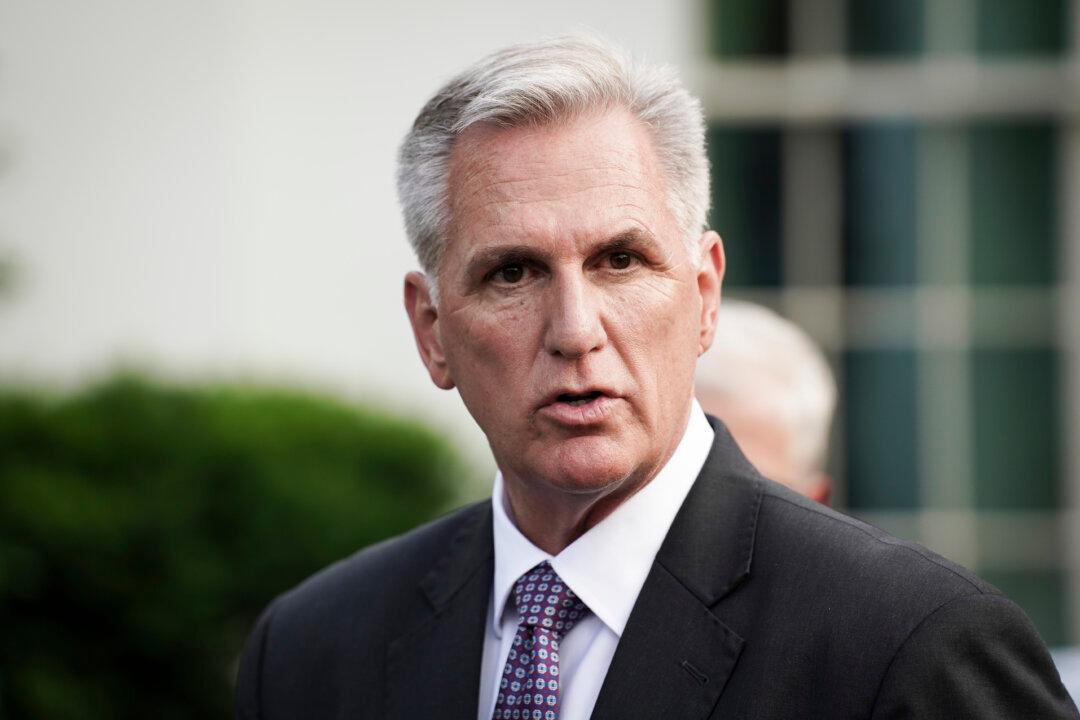U.S. House Speaker Kevin McCarthy (R-Calif.) on Sept. 7 criticized China’s “falsities” regarding Japan’s release of treated radioactive water from the wrecked Fukushima nuclear power plant.
Japan began its release of treated radioactive water from the Fukushima facility on Aug. 24 in a move strongly opposed by Beijing, which has imposed a blanket ban on all aquatic imports from Japan.





